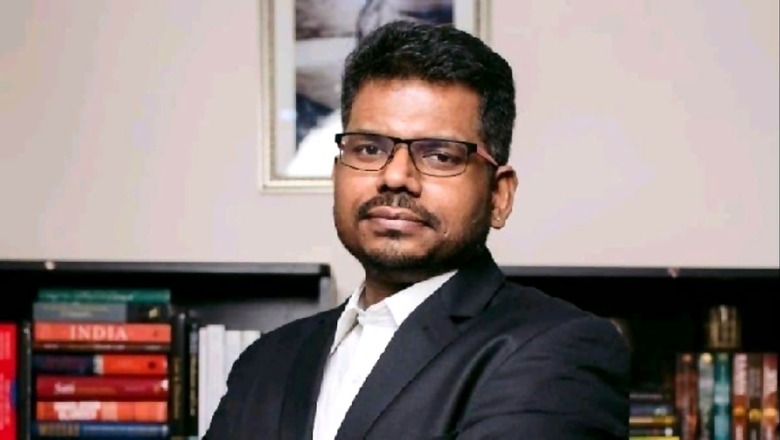
views
The Supreme Court of India recently delivered its verdict on the batch of petitions seeking legal recognition of same-sex marriage. The Constitution bench in the Supreme Court headed by Chief Justice of India Dhananjaya Y Chandrachud and comprising of justices Sanjay Kishan Kaul, S Ravindra Bhat, Hima Kohli and PS Narasimha.
The five-judge bench, in a split verdict of 3-2, refused to legalise same-sex marriage in four concurrent verdicts, differed on issues like applicability of adoption rules for queer couples and unusually made critical analyses of rival opinions and findings.
The Constitution bench refused to accord the legal recognition to same-sex marriage under the Special Marriage Act, saying there was “no unqualified right” to marriage with the exception of those that are recognised by law. The court left it to the Parliament and state legislatures to decide whether they want to recognise same-sex marriages or not and said it cannot declare the Special Marriage Act void or read it down.
In a recent interview, Supreme Court Advocate J Sai Deepak, representing the respondent Bharatiya Stree Shakti, in the same-sex marriage case talked about the split verdict, civil union and the right to adoption for queer couples and on the question of amendment to the Special Marriage Act.
Here are edited excerpts from the interview:
Q: What is your first reaction to the judgment? Did you anticipate split verdict?
I am happy that there is a broad consensus among the four opinions in the judgement that matters of policy are within the exclusive domain of the Parliament. Diversity of opinions in such a matter must be expected.
Q: What do you want to say on the minority opinion that recognised the right to a civil union for queer couples?
In my humble view, I find myself in greater agreement with the majority opinion authored by Justice Ravindra Bhat and supported by Justices Narasimha and Hima Kohli. To recognise the right to union of non-heterosexual couples is to recognise an existing state of affairs and to accord it dignity. Beyond that, to recognise such unions as marriages is the prerogative of the Legislature.
Q: The minority opinion also gave Queer couples the right to adopt children. What do you think about this?
Again, in this regard, I find myself in agreement with the majority view since matters of adoption cannot be decided on mere statutory technicality when in fact the Legislative intent has been to protect the well-being of children, which is the legitimate interest of the State.
Q: The ball is in the Legislature’s court now. What will be the logical culmination of this judgement?
Perhaps one might see the constitution of a committee to look into those practical aspects which can be addressed without having to overhaul marriage laws for the moment. In other words, in such matters, movement is typically incremental.

















Comments
0 comment